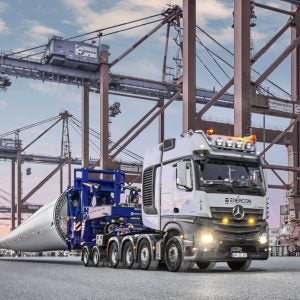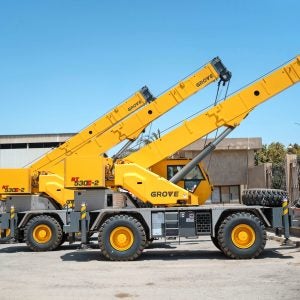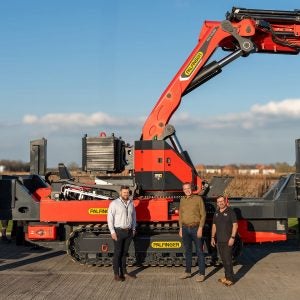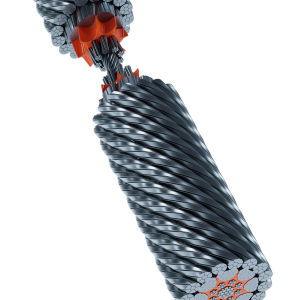SA French said it has experienced this shift as clients look to keep costs variable until there is greater clarity on the future of the global economy, and an ease in the hardship in obtaining credit from financial institutions.
For the year ended 30 June, 2009, SA French saw revenue drop from ZAR152m (USD20.7m) to ZAR139.5m (USD19m), gross profit down from ZAR34.1m (USD4.6m) to ZAR20.3m (USD2.7m), operating profit fall from ZAR12.8m (USD1.7m) to a loss of ZAR0.5m (USD68,000) and profit fall from ZAR6.9m (USD0.9m) to a loss of ZAR10.3m.
The move to higher rentals has required SA French to invest more in its rental fleet, which has seen its non-current liabilities increase from ZAR26.2m in the financial year 2008 to ZAR40.7m this financial year. SA French’s board of directors said a rental business is more capital intensive, and, coupled with the financial crisis, “has placed immense strain on the group’s balance sheet”.
The board of directors said it is addressing these issues by renegotiating credit arrangements with Potain and reducing overheads, but the auditor’s report on the 2009 results states that there is “existence of an uncertainty that may cast doubt about the company’s ability to continue as a going concern”. However, the board of directors said it is confident that the steps it is taking will enable the group to manage cash flows through the turbulent market without having to sell assets or raise new equity-based funding.
SA French also pointed out a number of developments it has made in its last year. These include investing in skills development of its staff; establishing a Transport Education and Training Authority (TETA) accredited training facility, for use by both clients and third parties; and winning a number of important contracts, including the sale and commissioning of the first luffing jib tower crane in Africa. Of the TETA development, SA French said this will create an additional revenue stream.
For the future, SA French said there are indications of stability within the Southern African Development Community, which will create opportunities for the sale and rental of equipment, particularly in Mozambique and Botswana. In addition, it will “continue to leverage its long-term relationships with the listed construction and mining entities in order to take advantage of upcoming infrastructural and development projects”.






